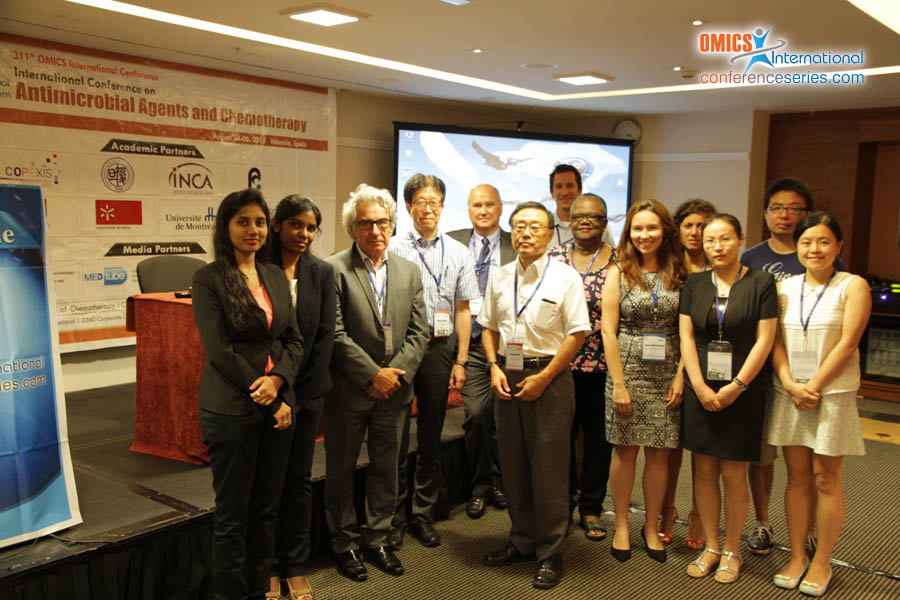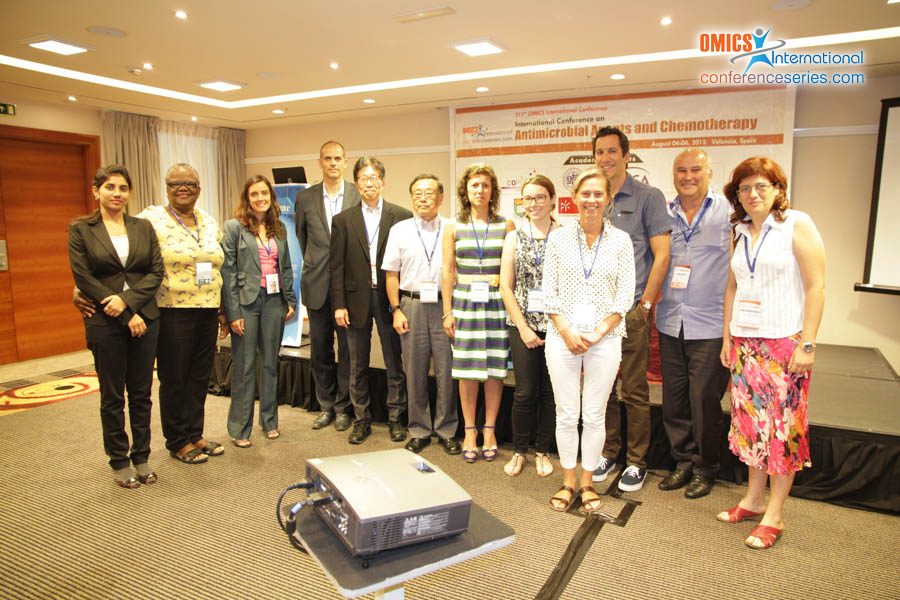
Helene Castel
Université de Rouen, France
Title: Anti-VEGF ater cognitive functions and the CA1-CA3 hippocampal activity in mice: The first reported
Biography
Biography: Helene Castel
Abstract
Cancer patients treated with chemotherapy may show impaired cognition (Chemofog) long-term after the treatment completion. Recently, targeted therapies have been developed and have been also associated with the appearance of leukoencephalopathy and major asthenia in cancer patients. Our previous work has identified a direct link between chemotherapy and impaired long-term behavioral flexibility associated with a decreased proliferation within the hippocampus and no cognitive dysfunctions after the cancer treatment everolimus in mice. In this study, we evaluated the impact of the systemic administration of an anti-VEGF antibody on cognitive function, hippocampal vascularization, cerebral metabolic activity and hippocampal synaptic activity in mice as well as on proliferation of neural stem and endothelial cells in vitro. Antibodies against the mouse VEGF (B20-4.1.1, MTA Genentech) and human VEGF (bevacizumab, Genentech, MTA, Roche) were administered to adult C57/Bl6 mice (1.5 mg/kg) every 4 days for 24 days. Note that B20-4.1.1 treatment caused a slowing of weight gain. During/or after treatment, emotional reactivity, spontaneous activity, learning and spatial memory, behavioral flexibility and object recognition memory were assessed. The selective cognitive impairments observed in B20-treated mice (spatial learning in the Morris water maze and memory consolidation in the object recognition test), were predictive of hippocampal dysfunctions. In addition, we detected modifications of the cytochrome oxidase activity in CA1-CA3 hippocampal area and markers involved in long term potentiation. However, proliferation of neural hippocampal precursors (BrdU labeling) and vascular density (Collagen IV) in vivo as well as neurosphere growth and Bend.3 endothelial cell proliferation in vitro were unaltered. Together, these data indicate that the inhibition of endogenous systemic VEGF levels does not drastically change the plasticity of the hippocampal vascular niche, but selectively alters the spatial learning dependent on the long-term potentiation in the hippocampus.


